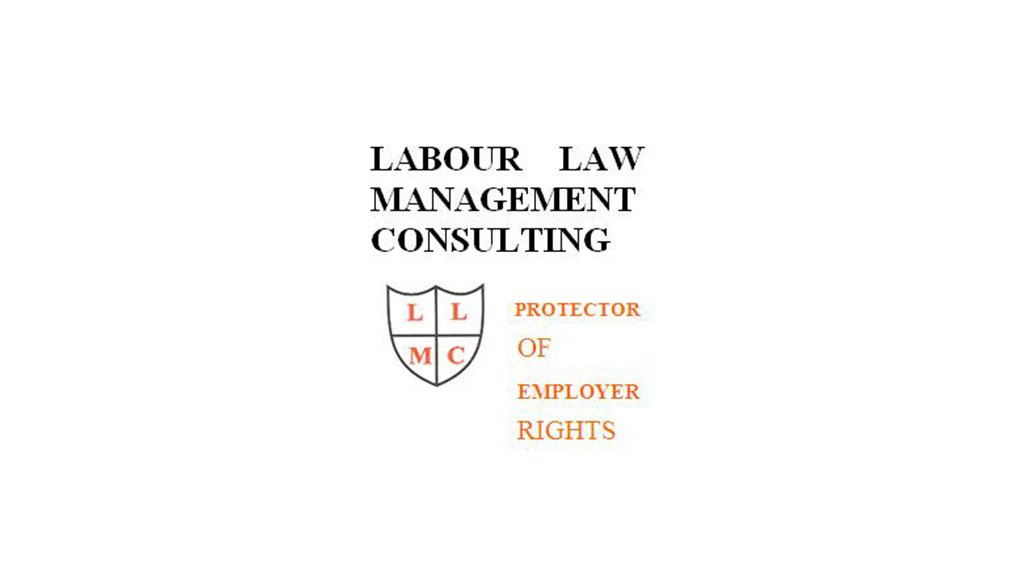Employees who report employers for committing illegal or otherwise irregular acts are protected, in the first instance, by the Constitution of South Africa. Specifically, section 16 of the Bill of Rights gives everyone the right to freedom of expression and to impart information.
Secondly, the Protected Disclosures Act no.26 of 2000 (PDA) specifically protects employees from reprisals as a result of having made a protected disclosure. This applies whether the disclosure in question is made to authorities within or outside of the company/organisation concerned.
The PDA appears to take into account the fact that, as far as disclosures are concerned, both employees and employers deserve protection. That is, employees need to be protected from reprisals when making disclosures in good faith. On the other hand employers need to be protected from employees who make unfounded and malicious disclosures.
Therefore, while the PDA encourages genuine disclosures it requires the employee, when making an external disclosure, to at least hold a genuine belief that the employer has acted wrongly. This goes some way towards protecting employers from employees who make unfounded allegations merely because they have an axe to grind.
Thirdly, the Labour Relations Act (LRA) also protects whistle blowing employees. It does so under sections 186(2)(d) as well as under section 187(1)(h). The former section classifies as an unfair labour practice any employer conduct short of dismissal resulting in “an occupational detriment” to an employee who has made a protected disclosure as per the PDA. The maximum compensation awarded to an employee successful in such a claim would be 12 months’ remuneration.
The latter section of the LRA makes it automatically unfair for an employer to dismiss an employee for having made a disclosure protected in terms of the PDA.
While very few such cases have been reported in labour law it appears that the courts are trying to look after the interests of both employers and employees.
In CWU and another vs Mobile Telephone Networks (Pty) Ltd (2003,8 BLLR 741) a supervisor accused management of fraud and corruption in that it allegedly gave preference to a particular temp. employment agency. The employee was summoned to a disciplinary hearing for making this allegation.
The employee applied to the Labour Court for an order to halt the disciplinary action. The Court held that:
- The employee’s communication did not fall under the PDA because it was not a disclosure of information; it was merely an expression of opinion
- There was no basis provided at all for the employee’s opinion
- The employee had failed to make use of the employer’s internal procedure for reporting alleged wrongdoings.
In the light of this the employee’s application was dismissed with costs.
In Global Technology Business Intelligence (Pty) Ltd vs CCMA and others (2005,5 BLLR 487) the Labour Court found that the employee’s report to his lawyer of alleged unfair discipline did not fall under the definition of a disclosure for purposes of the PDA. The Court therefore refused to assist the employee.
However, in the case of Grieve vs Denel (Pty) Ltd (2003, 4 BLLR 366) an employee was suspended and notified of a disciplinary hearing while he was preparing to report to the board of directors alleged wrongdoings of the employer’s general manager. The employee alleged that, when the employer discovered that the employee had obtained certain information against the general manager, it took disciplinary action against him.
Grieve applied to the Labour Court for an urgent interdict against the disciplinary hearing being carried out. The Court found that:
- There was enough evidence to show that the disclosure the employee wished to make had some substance
- Discipline does fall under the heading of occupational detriment.
- As a result the Court upheld Grieve’s application for the interdict.
The legislation protecting whistleblowers is still in its infancy and case law is not yet developed far enough to provide certainty as to when the law’s protection does and does not apply. Employers are therefore advised to tread very carefully before acting against any employee who makes allegations involving employer wrongdoing.
Written by lvan lsraelstam, Chief Executive of Labour Law Management Consulting. He may be contacted on 0828522973 or on e-mail address: labourlaw@absamail.co.za.
EMAIL THIS ARTICLE SAVE THIS ARTICLE ARTICLE ENQUIRY
To subscribe email subscriptions@creamermedia.co.za or click here
To advertise email advertising@creamermedia.co.za or click here











